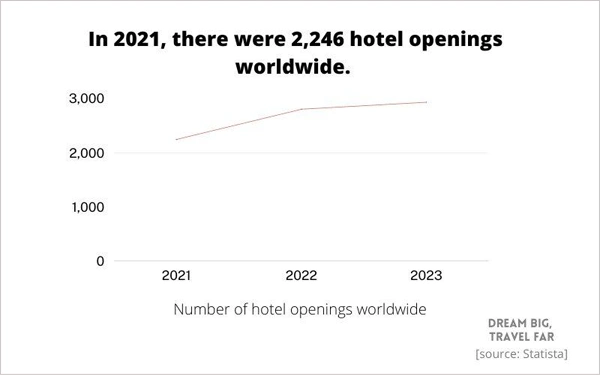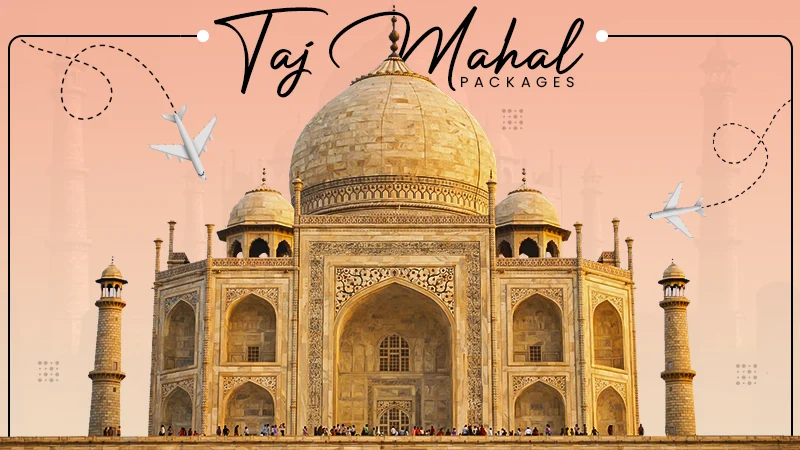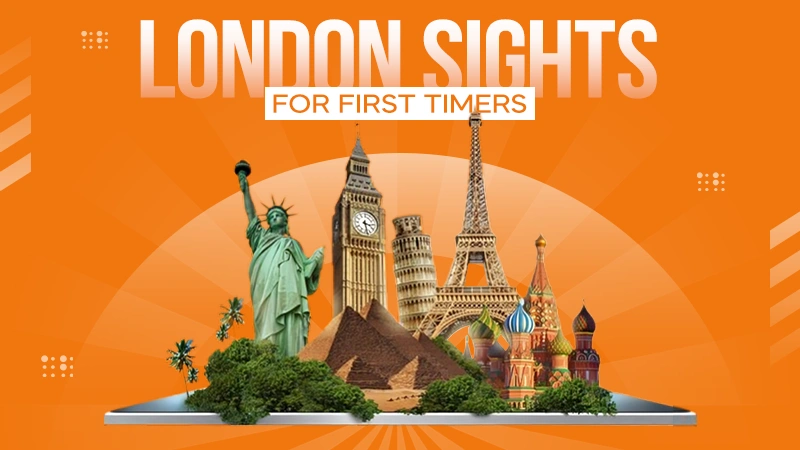
The hotel industry, like many others, has long depended on traditional background checks to ensure the safety and trustworthiness of its staff. However, in this age of rapidly changing technology and growing risks, these verifications may no longer suffice.
There are multiple reasons to believe that hotels need to go beyond the basics to ensure the absolute security of their guests and the integrity of their brand. Digital identification is not just trendy but also convenient for guests. It is the fastest way to reduce paper documentation safely and without any hassle.
Let’s look at how the traditional way of hotel monitoring is being replaced by the modern verification system that also boosts a lodging’s credibility.
The Changing Landscape of Risk
Digital Footprints and Social Behavior
In today’s digital era, almost everyone leaves a trace online. Traditional background checks for hotels may scan for criminal records and employment history, but they don’t account for an individual’s digital footprint.
Social media platforms and online forums are places where potential employees might express views or engage in behaviors that could be harmful to a brand’s reputation.
EXPERT ADVICE
Verifying an applicant’s employment history can let you see if he or she has moved from job to job frequently or has instead remained with different employers for more extended periods.
Globalisation and Diverse Workforces
Hotels often employ individuals from all over the world, each bringing a different background and set of experiences. While this diversity can be a boon for the industry, it also means that a past identification check in one country might not cover pertinent information from another.
Limitations of Traditional Checks
Timeliness and Relevance
Traditional background identifications are often a snapshot in time. They might catch a criminal record from a decade ago but miss more recent, and possibly more relevant, activities or behavioral changes.
Depth and Breadth of Data
These checks can be limited, only covering specific areas such as criminal records or credit scores. They might not delve into a person’s associations, affiliations, or other nuanced areas that can be of concern for lodging places aiming for the highest level of guest safety and satisfaction.
In 2021, there was a surge of 2246 hotel openings across the globe. Despite the pandemic and the fear of inflation, the demand for professionally trained and experienced staff has seen constant growth in 2023.

Data Breaches and Cybersecurity Concerns
Another dimension that is becoming relevant for the hotel industry is the growing risk of data breaches. In the age of advanced technology, lodgings are accumulating vast amounts of information on their guests: from credit card details to personal preferences. This makes them prime targets for cybercriminals.
Traditional background verifications rarely dive deep into an individual’s competence or potential threat in the realm of cybersecurity. With the rise of insider threats — where employees intentionally or unintentionally become facilitators of data breaches — vacation accommodations need to be more vigilant than ever. Assessing an employee’s knowledge, understanding, and attitude toward data protection is paramount.
Moreover, the IT departments of hotels aren’t the only concern. Front desk staff, managers, and even housekeeping have access to systems and information that could be exploited. Ensuring these personnel have not only a clean record but also an understanding of basic cybersecurity principles becomes necessary.
The Growing Expectation of Safety
Guests now, more than ever, demand absolute safety and privacy during their stay. Stories of hotel staff misconduct can go viral in seconds, leading to brand damage that takes years to mend. The high-tech age means that reviews and experiences are shared instantaneously, and motels can’t afford even the slightest misstep.
Modern Solutions for a Modern Industry
Comprehensive Digital Scrutiny
To address these challenges, lodging places should consider tools that scrutinize digital footprints. By assessing potential hires’ online behaviors, tourist lodges can gain insights into character traits and potential risks that might be missed in traditional frisking.
Ongoing Monitoring
Instead of a one-off check, ongoing monitoring systems can be employed. These ensure that hotels are alerted to any potential risks associated with their staff as soon as they arise, rather than discovering them after an incident.
Cross-border Verification Systems
For a workforce as diverse as the hotel industry’s, background verification systems need to be global. They should encompass stats from multiple countries and jurisdictions to ensure no stone is left unturned.
Training and Education
As the industry moves towards more comprehensive monitoring, it’s equally pivotal to invest in training.
New hires should undergo rigorous training to understand the importance of guest information, the ramifications of breaches, and the basics of online safety.
Continuous education will further bolster a hotel’s defense against potential risks, ensuring every team member is a line of defense, not a potential vulnerability.
Final Thoughts
The hotel industry is, at its heart, about providing guests with exceptional experiences. Trust and safety are the cornerstones of these experiences. As risks grow and the digitized realm becomes even more influential in shaping perceptions and realities, it’s significant for tourist lodgings to adapt their background verification processes.
The goal should always be to remain several steps ahead, ensuring that both the guest and the hotel’s reputation are always protected. In this era, sticking to traditional methods might not just be inadequate but could prove detrimental to a hotel’s longevity and success.












